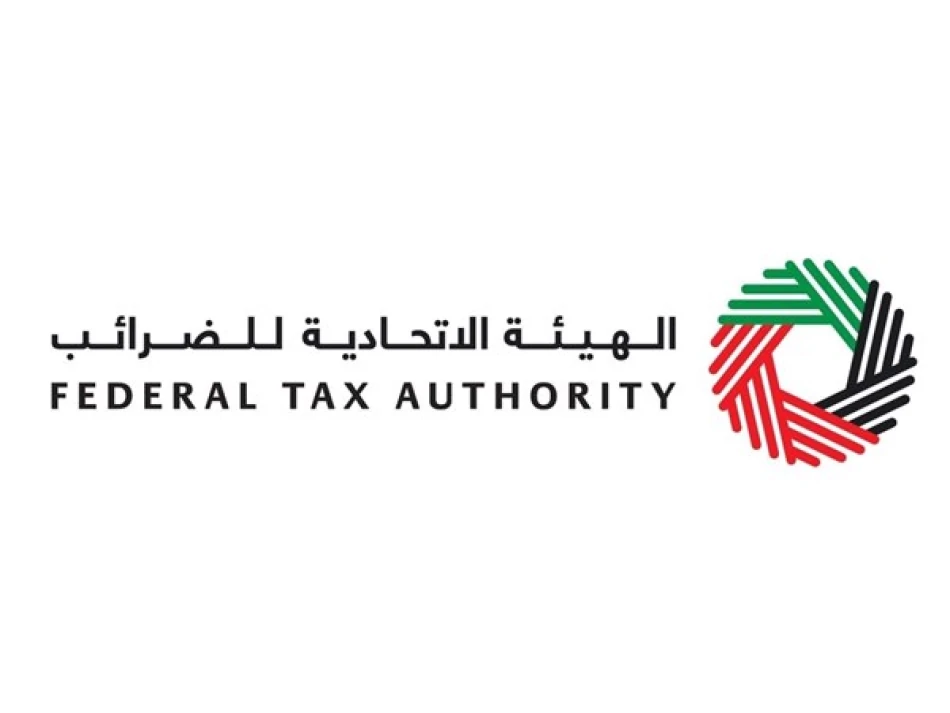
UAE Residents Reclaim $870M in Tax Refunds for Home Construction by June
UAE's Digital Tax Revolution: How Smart VAT Refunds Are Reshaping Tourism and Real Estate
The UAE Federal Tax Authority has reported remarkable growth in its digital VAT refund systems, with citizen housing refunds reaching AED 3.2 billion across 38,000 approved applications by June 2025. This 25.72% year-over-year increase in refund values, coupled with the world's first e-commerce tourist VAT refund system, positions the Emirates as a global leader in tax digitalization—a strategic move that could significantly boost both tourism revenues and real estate investment.
Citizen Housing Refunds Drive Digital Adoption
The UAE's digital VAT refund system for newly constructed citizen homes has become a cornerstone of the country's real estate support strategy. Since its launch eight years ago, the program has processed 38,000 applications worth AED 3.2 billion, with the most recent 12-month period showing exceptional growth—7,000 new applications valued at AED 653.1 million.
The first half of 2025 alone saw 3,097 new applications approved, returning AED 284.77 million to Emirati citizens. This represents more than just administrative efficiency; it's a deliberate policy tool that reduces the effective cost of homeownership for nationals while stimulating construction activity across the emirates.
The Smart "Maskan" Application Revolution
The introduction of the "Maskan" smart application exemplifies the UAE's commitment to paperless governance. This 100% digital platform eliminates traditional bureaucratic hurdles, allowing citizens to claim VAT refunds through streamlined, automated processes. Such innovations place the UAE ahead of most developed nations in tax administration digitalization.
Tourist VAT Refunds: A Global First in E-commerce
The UAE's tourist VAT refund system has expanded dramatically, with 18,410 registered retail outlets connected to the digital platform by June 2025—a 4% increase from year-end 2024. More significantly, 697 new retail locations joined the system in the first half of 2025, representing a 29% jump compared to the same period in 2024.
The deployment of 96 self-service kiosks across major shopping centers, hotels, and departure points allows tourists to complete refund procedures in approximately two minutes per transaction. This infrastructure investment demonstrates the UAE's understanding that seamless tourist experiences translate directly into increased spending and return visits.
E-commerce Breakthrough Sets Global Standard
In December 2024, the UAE launched the world's first VAT refund system for tourist e-commerce purchases—a groundbreaking initiative that addresses the growing trend of digital shopping among international visitors. This system allows tourists to claim VAT refunds on online purchases made during their UAE stay, effectively bridging the gap between traditional retail and digital commerce.
No other country currently offers this service, giving the UAE a significant competitive advantage in attracting high-spending digital-native tourists who increasingly prefer online shopping experiences.
Strategic Implications for Regional Competition
The UAE's aggressive digitalization of tax refunds creates pressure on regional competitors like Saudi Arabia and Qatar, both of whom are investing heavily in tourism infrastructure. Singapore, long considered the gold standard for efficient government services, offers tourist VAT refunds but lacks the UAE's comprehensive digital integration and e-commerce capabilities.
For investors and businesses, these systems signal the UAE's commitment to reducing operational friction—a critical factor in location decisions for multinational retailers and hospitality operators. The 100% paperless processes align with global ESG trends while demonstrating governmental efficiency that supports business confidence.
Market Impact and Future Outlook
Khaled Ali Al Bustani, Director General of the Federal Tax Authority, emphasized that these digital initiatives support the UAE's broader smart transformation strategy while maintaining "zero bureaucracy" principles. This approach has measurable economic benefits: simplified VAT refunds encourage tourist spending, while housing refunds stimulate real estate construction and ownership.
The continuous expansion of retail partnerships—3,390 new outlets joined over the past 2.5 years—indicates strong private sector confidence in the system's value. For tourism operators, integration with the VAT refund system has become a competitive necessity rather than an optional service enhancement.
As the UAE prepares to launch additional digital tax initiatives, the success of these VAT refund systems provides a template for other government services. The combination of citizen benefits, tourist attraction, and administrative efficiency creates a model that other nations will likely attempt to replicate—though the UAE's first-mover advantage in e-commerce VAT refunds may prove difficult to match.
Most Viewed News

 Layla Al Mansoori
Layla Al Mansoori






